News
Meet Otakaro's principal landscape architect
Posted 30 10 2018
in News
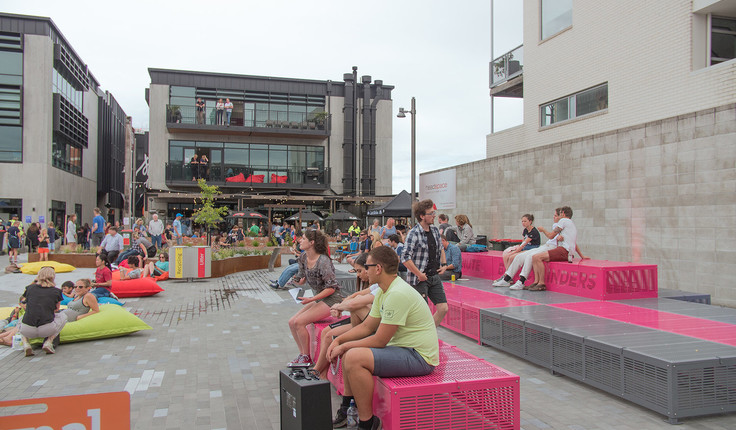
Peter Matthews
Peter Matthews is the principal landscape architect for Ōtākaro Limited, the company responsible for delivering Crown-led projects in Central Christchurch. Landscape Architecture Aotearoa asked him about his role there.
LAA: How long have you been at Ōtākaro?
PM: I have worked with Ōtākaro Limited in Christchurch NZ for two years and have been involved with Christchurch’s central city recovery for a total of five and a half years.
LAA: What does your job there entail?
PM: The role is broad, part design leadership, part coordination of multiple disciplines, facilitating of artists and advisors and overseeing construction delivery, while being part gatekeeper and advocate for integrated design outcomes. Key to the success of the role has been having the opportunity to connect and empower people with design abilities to really enhance the regeneration of Christchurch.
LAA: How does it differ from other landscape architectural jobs?
PM: The core features of this job are placed in the client design lead position. The current role differs slightly from other pure landscape architectural roles or commissions. This role requires balanced leadership of landscape design drivers and all other site priorities and development requirements. Being able to negotiate and deliver balanced design outcomes without diluting project goals or undermining other design disciplines is paramount. Multidisciplinary coordination is inherently important and essential in every public realm scheme of any scale - it’s true - a problem shared is a problem halved.
LAA: Why is it important to have a landscape architect within an organisation like Ōtākaro?
PM: Landscape architects are inherently the champions of the benefits of good design for people and can assist in making what is on the paper a reality. For example, being able in part to integrate Ngāi Tūāhuriri/Ngāi Tahu values and see these narratives within the recovery of Christchurch that highlight the stories of recovery and rebuild for mana whenua has brought a richness and recognisable aesthetic. It seems obvious to me the design skills inherent within the landscape architecture profession, the design collaboration and facilitation skills are an essential ingredient on the journey to building meaningful places for all, in the broadest terms. People are beginning to see and experience the framework of new spaces, places and business activities re-establishing – with a visible aspiration of a shared ownership of this recovering city.
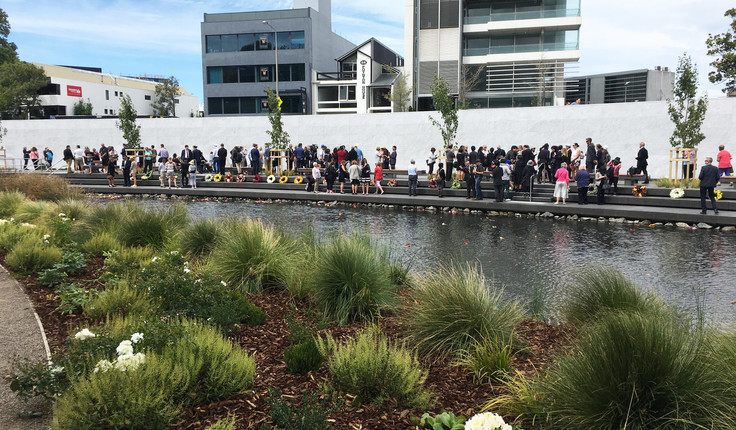
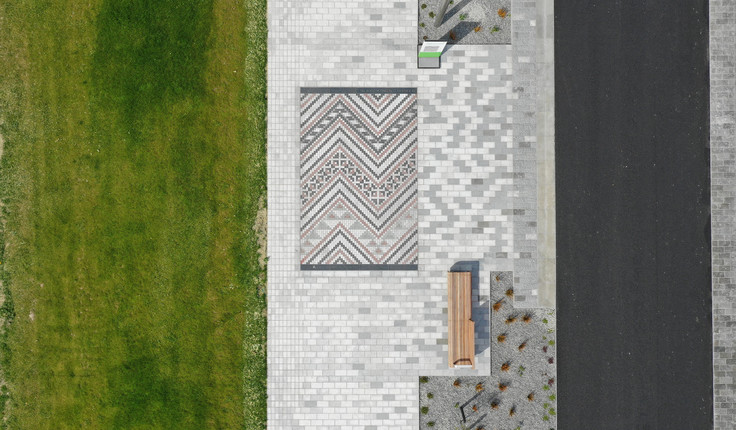
LAA: What unique skills and expertise do you bring to the job, given your experience in both private practice and on the client side?
PM: I have been fortunate to have worked with motivated clients, employers and experienced professionals over the years whom have recognised my expertise for delivering well-designed landscapes. Also, having a good level of expertise and experience on how design works and benefits overall project outcomes has helped. The diverse and talented professionals I have worked with have pushed me beyond my comfort zone which continues to grow my professional level of expertise. These experiences have refined my design leadership and management skills, negotiation and problem-solving design abilities. When working either in the private or public sector often change is inevitable and creates opportunities by using design to improve the places we live our lives in, it’s not really an expertise or skill but another positive approach to continue and advance better landscape architecture.
Having worked on both sides of the fence has given me a unique perspective on what we’re asking designers to do and what can realistically be done. We are only going to get one chance to make Christchurch a place people truly want to be. My skill set means I can cut through the white noise and keep people focused on delivering world-class spaces and places for the city.
LAA: How is having worked on both sides of projects advantageous in terms of consultation, coordination, design review, management and battling through bureaucracy and politics?
PM: People are at the centre of all projects and therefore being able to listen and inspire all involved to be open minded can create unexpected possibilities. Along the way being able to deliver design outcomes that can exceed original expectations often builds trust and on-going momentum. Some projects are perceived as being complex and overly political, when really the desired outcomes can often be simplified universally by providing the platform for people to be heard and to listen to each other – this creates a strong design platform that landscape architects can promote the core design values of our profession. This is where landscape architects can provide a simplification or translation to lead and weave good design into our surrounding urban fabric and natural environments.
LAA: What are the specific challenges in terms of landscape that Ōtākaro faces?
PM: We’re asking people to embrace some pretty significant changes in their city in a relatively short space of time. Change was thrust upon this city, it wasn’t a choice, so it’s important we bring people on the journey with us, so they can fully appreciate how these projects will improve the quality of life here. We also have to create an urban framework which is flexible enough to accommodate and compliment the evolving and on-going requirements of greater city regeneration.
LAA: Being responsible for rebuilding a city - even if it's a shared responsibility - is a pretty huge thing. How do you see it?
PM: It’s a shared responsibility. Any success of my role reflects directly on the people, other design professionals and experts I have been fortunate to work and collaborate with. The continued efforts of all will ensure the recovery momentum is continued and successful regeneration of the New Zealand’s third largest city is achieved. Landscape Architects are definitely front and centre reshaping a city for people both visit, linger and rebuild their lives around.
Share
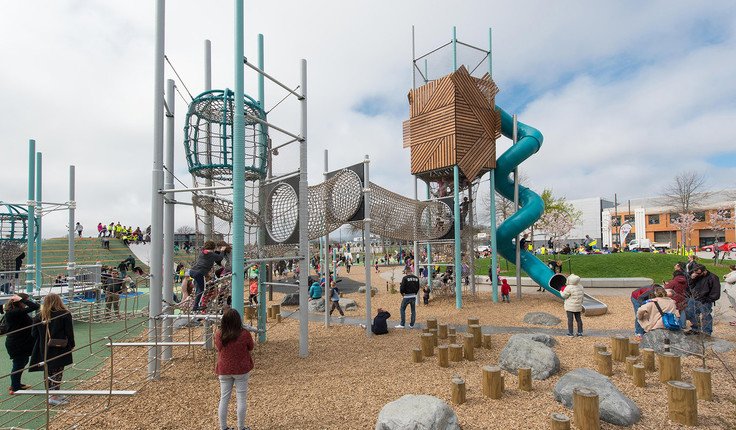
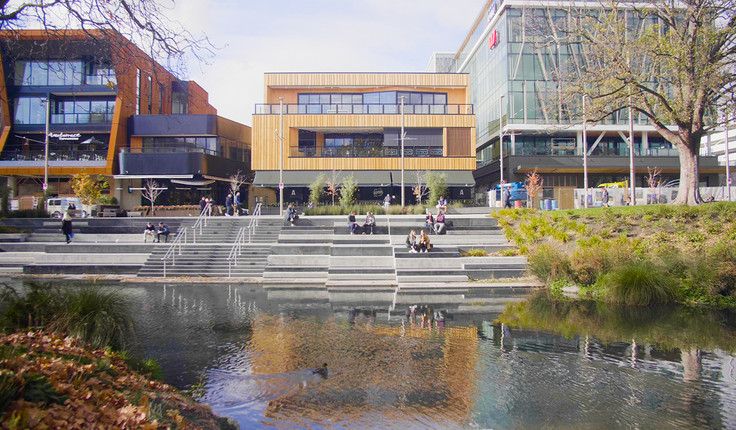
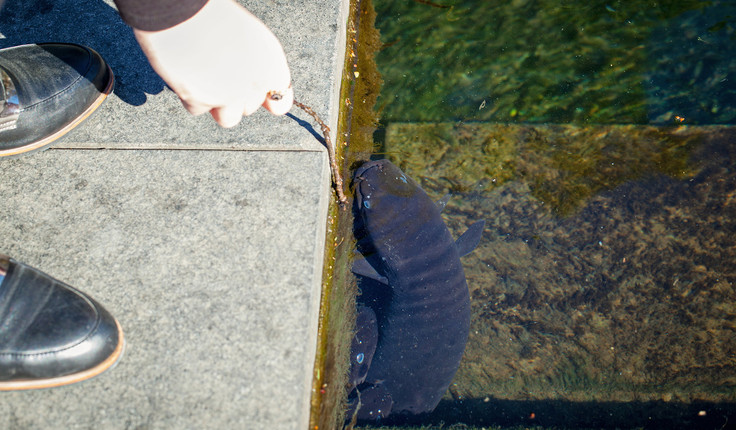
12 Feb
NZILA lodges submission on Planning Bill and Natural Environment Bill
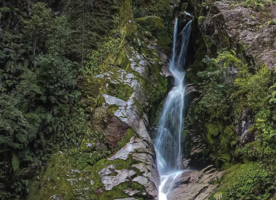
There’s still time to have your say
Tuia Pito Ora New Zealand Institute of Landscape Architects has lodged its formal submission on the Planning Bill and Natural …
09 Feb
Weekly international landscape, climate and urban design update

Monday 9 February
This is your weekly international snapshot of what’s happening across landscape architecture, climate adaptation and urban design. Drawing on credible …
02 Feb
RMA Reform submission update
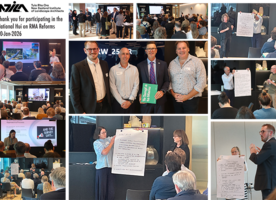
Call for feedback and images
Submission framework The Environmental Legislation Working Group thanks all members who made the effort to join us at the national …
Events calendar
Full 2026 calendar